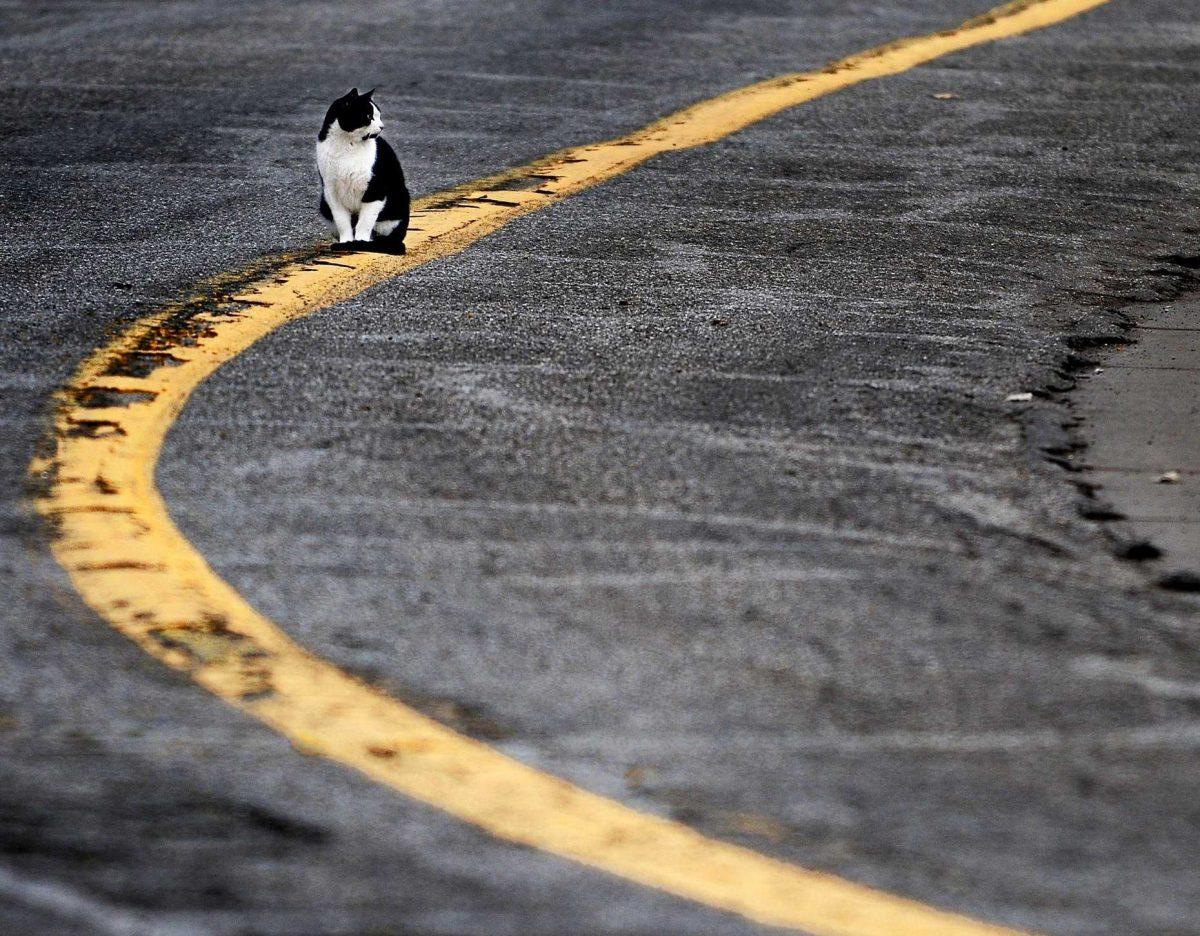The Capital Area Animal Welfare Society recently received a $5,000 grant from the Petco Foundation to help the program in its efforts to help animals throughout Baton Rouge, especially the city’s feral cat population.
According to CAAWS, the feral cat problem in Baton Rouge is an epidemic due to the warm climate, which exponentially increases the number of kittens born each year.
CAAWS works to trap, sterilize, mark and release — what they call “TNR” — feral cats throughout the area. Once a feral cat goes through the TNR process, it is released into managed colonies.
Marion Ratterree, clinical veterinarian and head of the unit of research and resources at the Tulane Primate Center, said it is crucial to release the cats back into their natural habitat.
“If you take the cats away, a new animal will step into its place,” Ratterree said. “By reintroducing the spayed cat back into its natural habitat, you can curtail the number of kittens being born.”
The Petco Foundation donates more than $15 million a year to help fund programs like CAAWS around the country.
The spaying and neutering of cats and dogs helps drive down the growing population of wild animals that are filling shelters throughout the state. According to the Petco Foundation, between three million and four million homeless dogs and cats are put to death each year — about one every eight seconds — due to overcrowded animal shelters.
In Baton Rouge alone, the East Baton Rouge Parish Animal Control center is forced to euthanize more than 10,000 animals each year.
According to the Petco Foundation website, spaying and neutering also reduces many of the health and behavior issues that result in the animals being relinquished to shelters.
Ratterree said cats that have been sterilized before puberty have less of a chance to develop cancers such as mammory cancer in females and testicular in males.
Ratterree also said neutered male cats are less likely to roam, as their testosterone levels are lowered.
The program at CAAWS relies on the general population to execute their program.
CAAWS provides humane traps and covers all the veterinary costs associated with the neutering of the animal.
According to CAAWS, providing people with the traps is often easier due to trust developed between the cat and the person.
CAAWS has several events planned to facilitate the adoption of rescued animals. There are seven animal adoptions events planned for the remainder of the month.
“By reducing the feral cat population, you reduce the chance of animal diseases such as feline AIDS and feline leukemia,” Ratterree said. “The feral cat population is a reservoir for those diseases, which can effect family-owned animals.”
CAAWS receives grant to help animal control
By Trey Labat
July 15, 2013
A cat sits on a painted road stripe Jan. 24 in Salina, Kan. The Capital Area Animal Welfare Society recently received a $5,000 and is using some of the money for controlling Baton Rouge’s feral cat population through spays and neuters.





